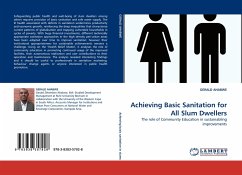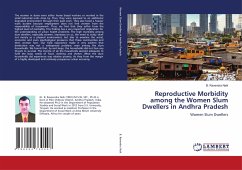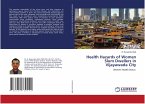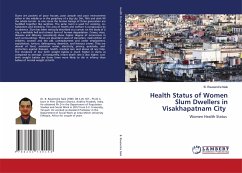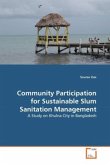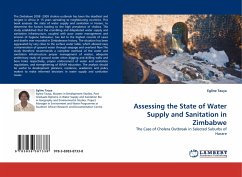Safeguarding public health and well-being of slum dwellers among others requires provision of basic sanitation and safe water supply. The ill health associated with deficits in sanitation undermines productivity and economic growth, reinforcing the deep inequalities that characterise current patterns of globalisation and trapping vulnerable households in cycles of poverty. With huge financial investments, different technically appropriate sanitation approaches in the high density peri-urban areas have been adopted over time to improve sanitation; however their institutional appropriateness for sustainable achievements remains a challenge. Using on the Health Belief Model , it analyses the role of community education in promoting continued usage of the improved facilities, their autonomous replication and user contributions to their operation and maintenance. The analysis revealed interesting findings and it should be useful to professionals in sanitation marketing, behaviour change agents or anyone interested in public health promotion.
Bitte wählen Sie Ihr Anliegen aus.
Rechnungen
Retourenschein anfordern
Bestellstatus
Storno

